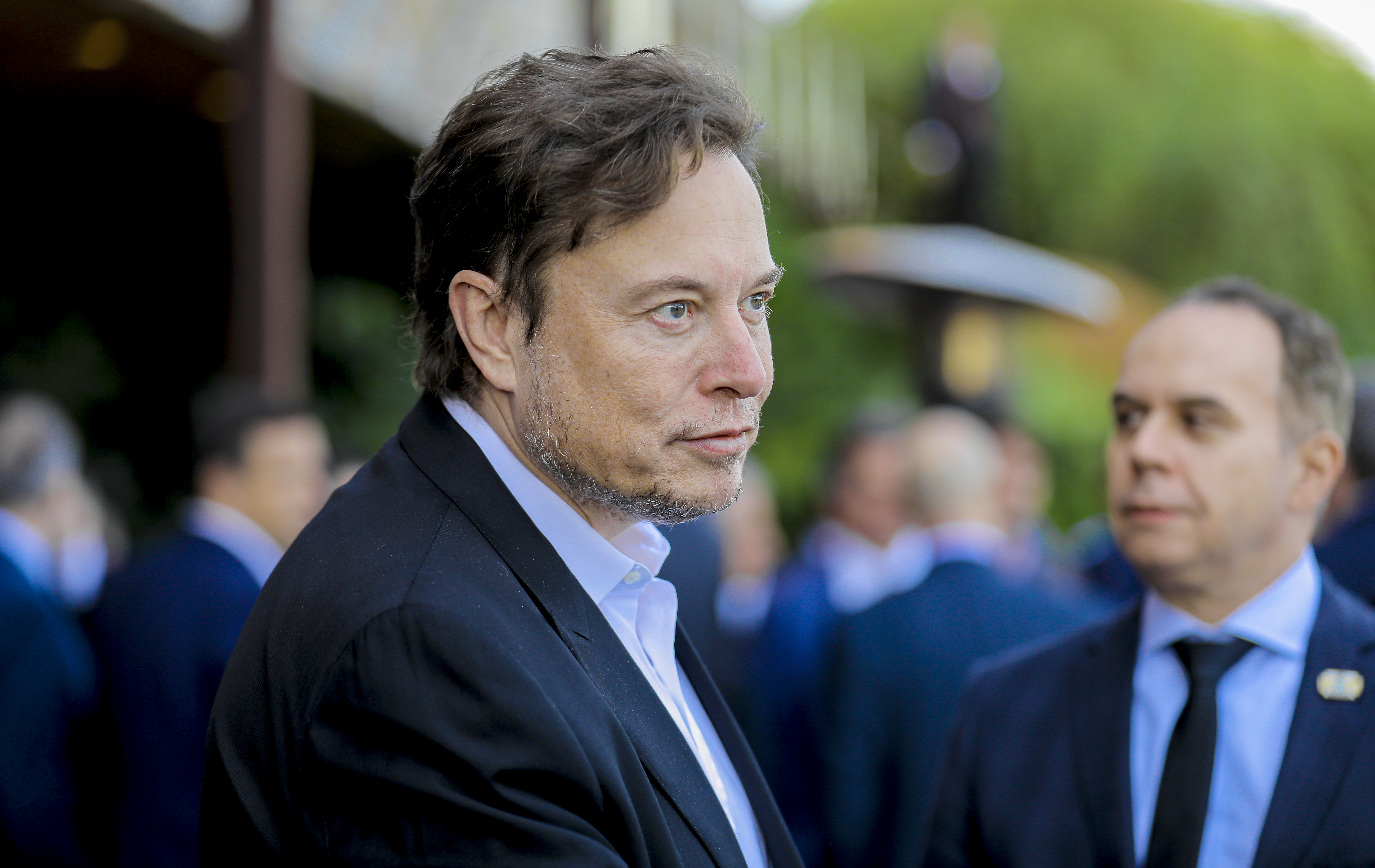
Elon Musk acknowledged on Sunday that his involvement in the Trump administration’s Department of Government Efficiency (DOGE) could be negatively impacting Tesla’s stock price. Speaking at a town hall event in Wisconsin, Musk explained that the backlash against his political role was putting pressure on both him and Tesla.
“What they’re trying to do is put massive pressure on me, and Tesla I guess, to … stop doing this,” Musk said, according to Bloomberg News. “My Tesla stock and the stock of everyone who holds Tesla has gone, went roughly in half. I mean it’s a big deal.”
As of Monday, shares of Tesla were down more than 34% year to date, and they’ve dropped nearly 50% from their peak in December. On Monday alone, the stock fell an additional 1.7%.
Despite the challenges, Musk described the dip in stock price as a potential “buying opportunity” for long-term investors. He was in Wisconsin ahead of a state supreme court election, where he supported the conservative candidate, investing over $12 million into the race. Additionally, Musk donated $1 million each to two voters who signed a petition against “activist judges” during a rally on Sunday.
Protests and Backlash Over Political Role
The stock slump is not the only sign of public dissatisfaction with Musk’s political involvement. There were protests at Tesla dealerships over the weekend, including reports of vandalism at vehicles and dealerships across the country.
Musk’s involvement in politics goes beyond his role with DOGE. He publicly campaigned for Trump in the 2024 election and has regularly attended White House events since the administration took office in January. Musk also frequently comments on political issues via X, the social media platform he owns.
Tesla’s Core Business and Industry Struggles
His growing political profile coincides with indications that Tesla’s core business is slowing. The company’s vehicle deliveries decreased in 2024, and preliminary data suggests a further drop in sales early this year, particularly in Europe. In response, investment firm Stifel revised its price target for Tesla and lowered its sales projections.
However, Musk’s political involvement may not be the sole factor behind Tesla’s struggles. Other U.S. automakers have also faced challenges, partly due to potential higher tariffs on imported goods to the U.S. and possible retaliation from trading partners, adding uncertainty to an industry with tightly integrated supply chains across the U.S., Canada, and Mexico.
What The Author Thinks
While Musk’s political ambitions may contribute to Tesla’s stock struggles, it’s important to consider the broader industry challenges at play. The global car manufacturing sector is facing new complexities due to tariffs and trade tensions, which might be playing a bigger role in stock dips than Musk’s political involvement. Tesla’s success has always been about innovation, but if Musk doesn’t steer the company’s focus back to its core business, it could lose the momentum that made it a leader in the electric vehicle market.
Featured image credit: Wikimedia Commons
Follow us for more breaking news on DMR
